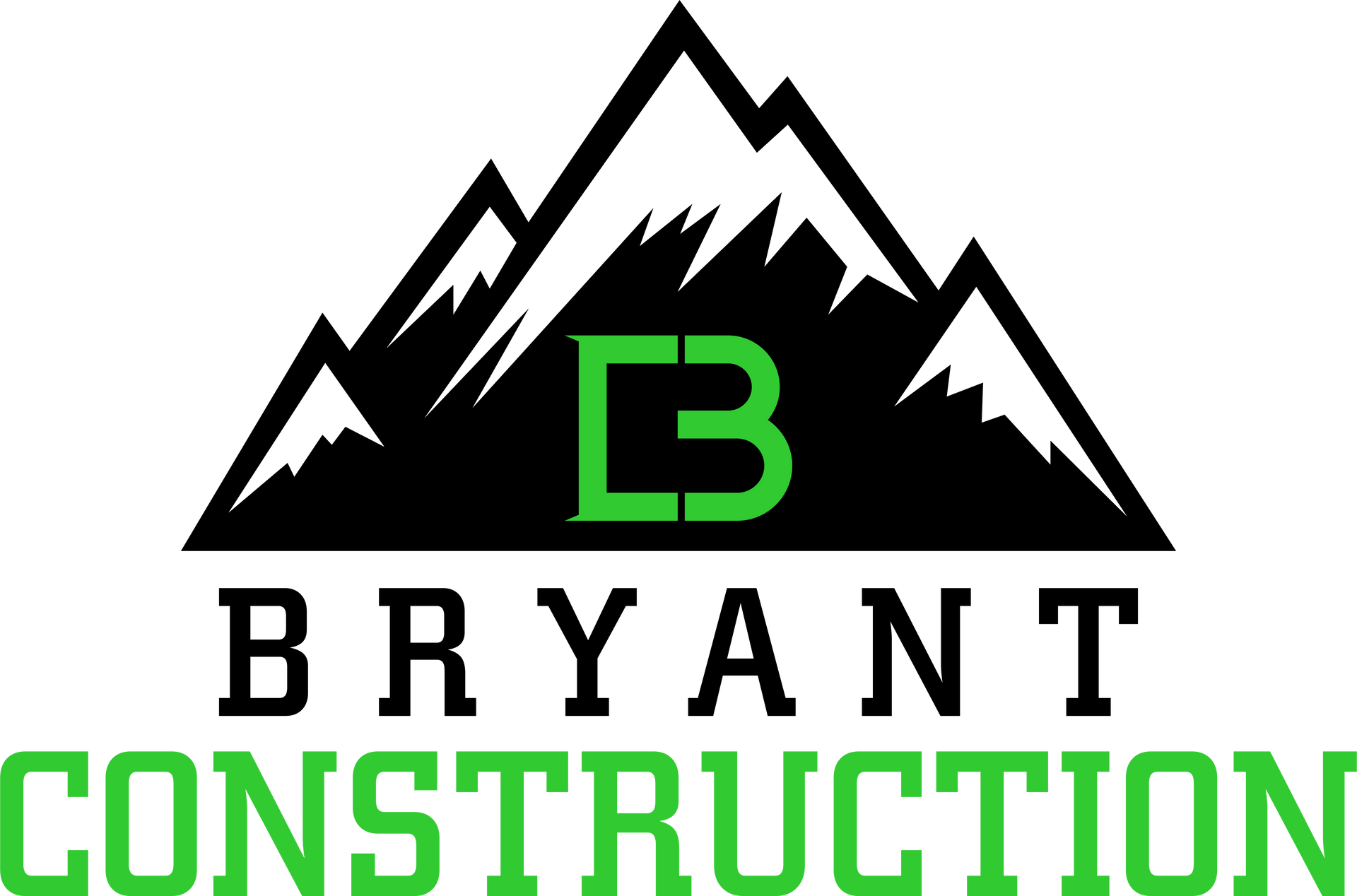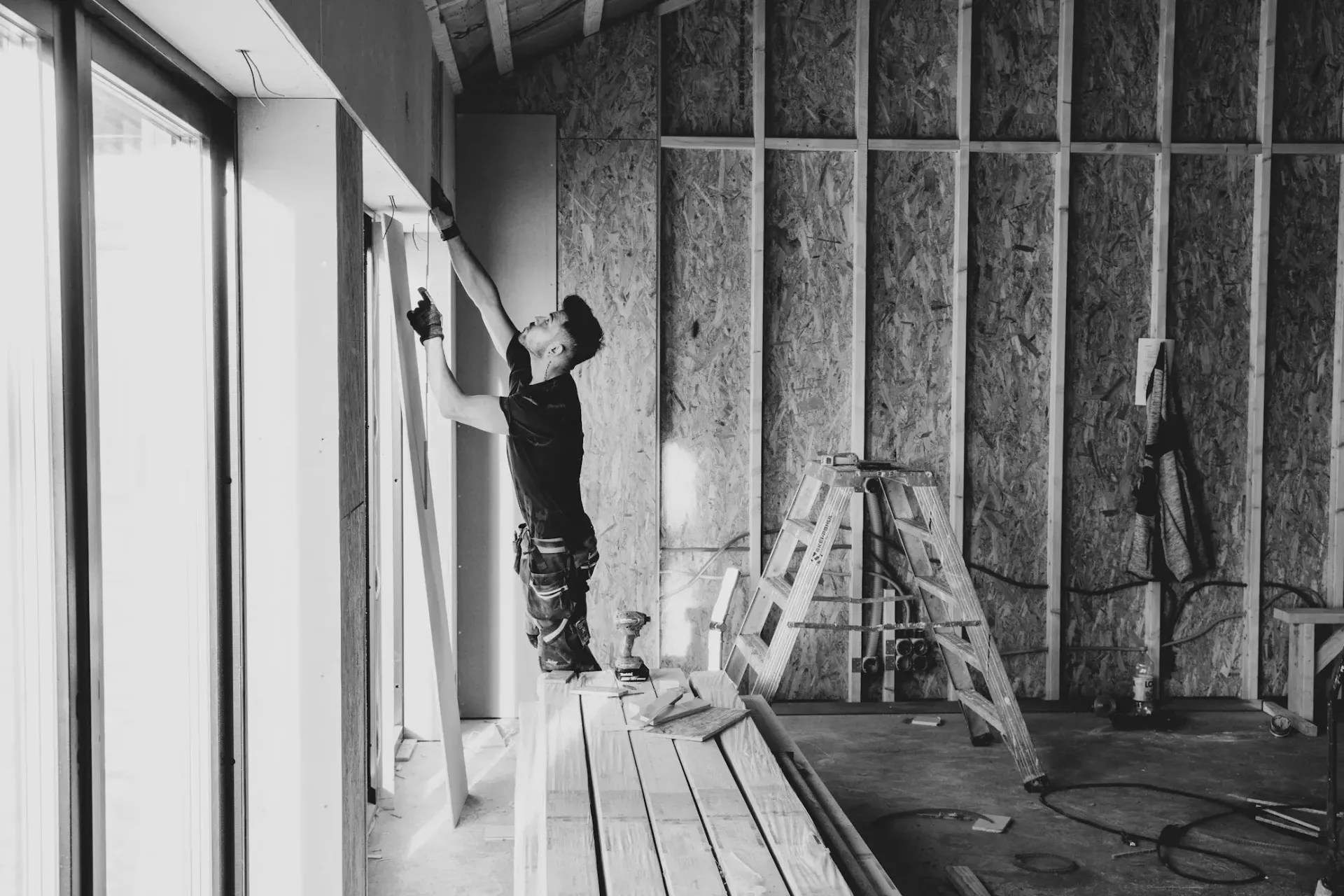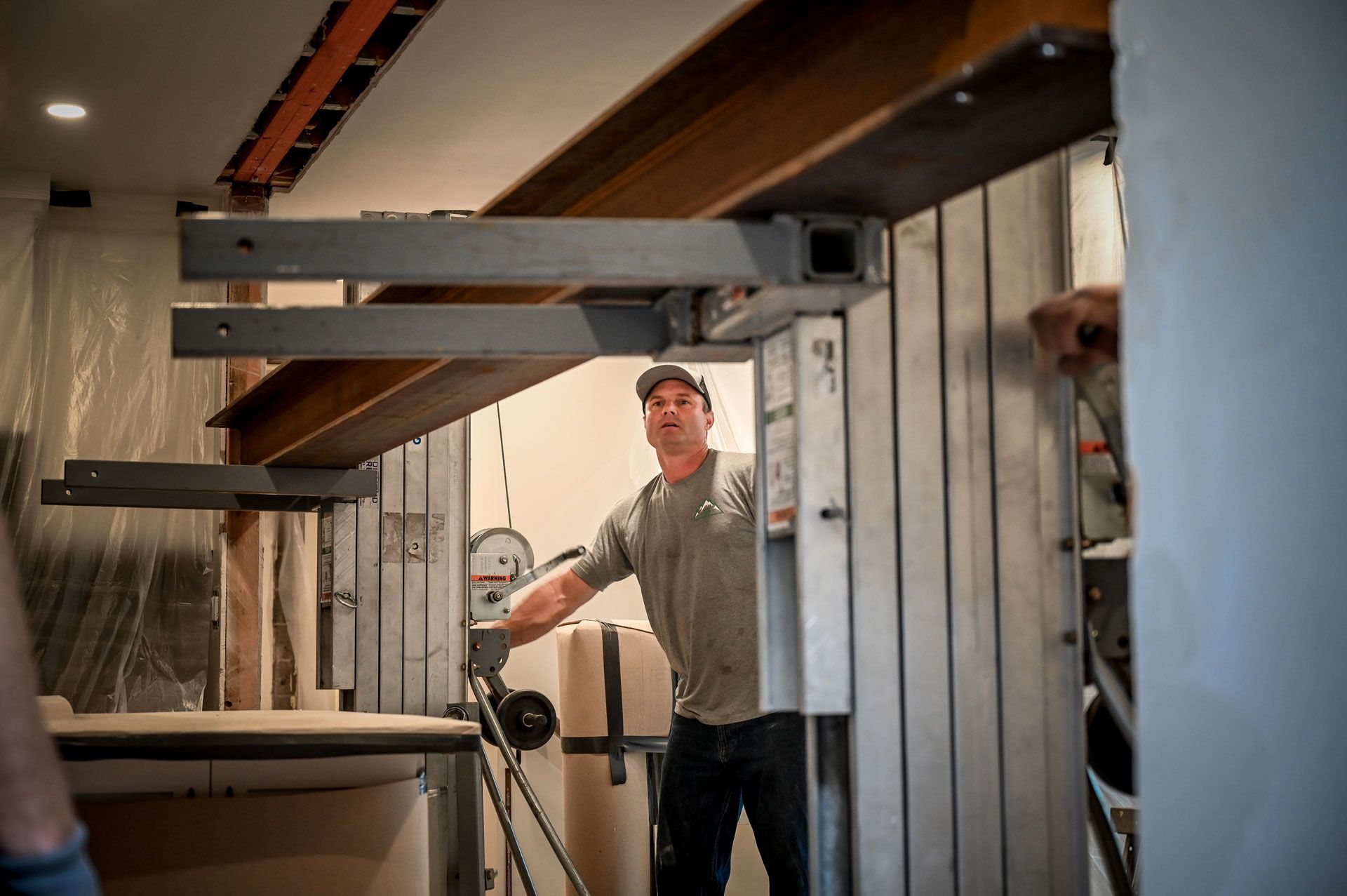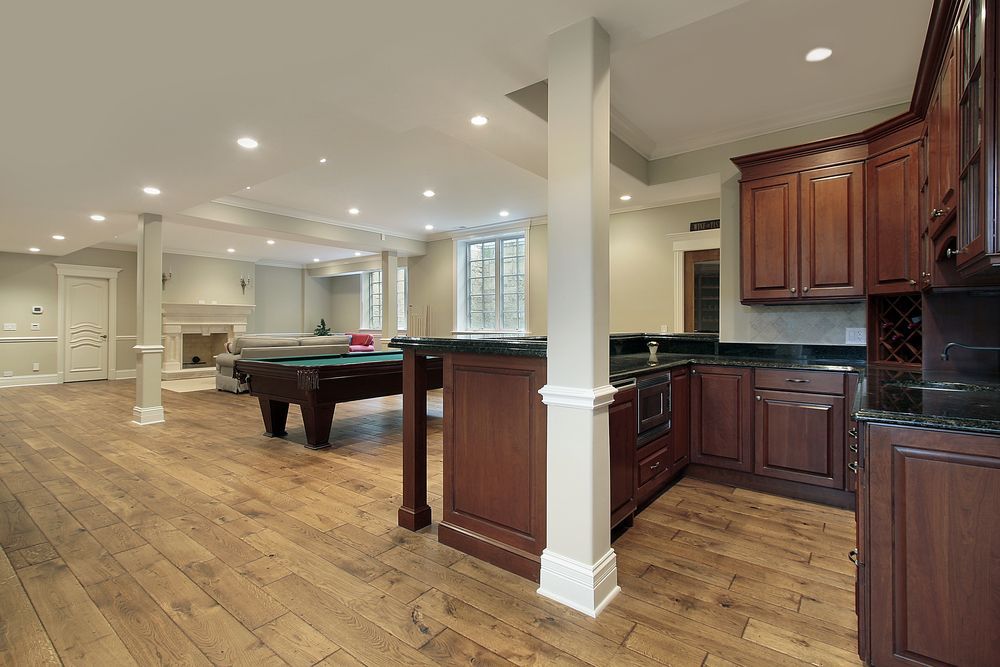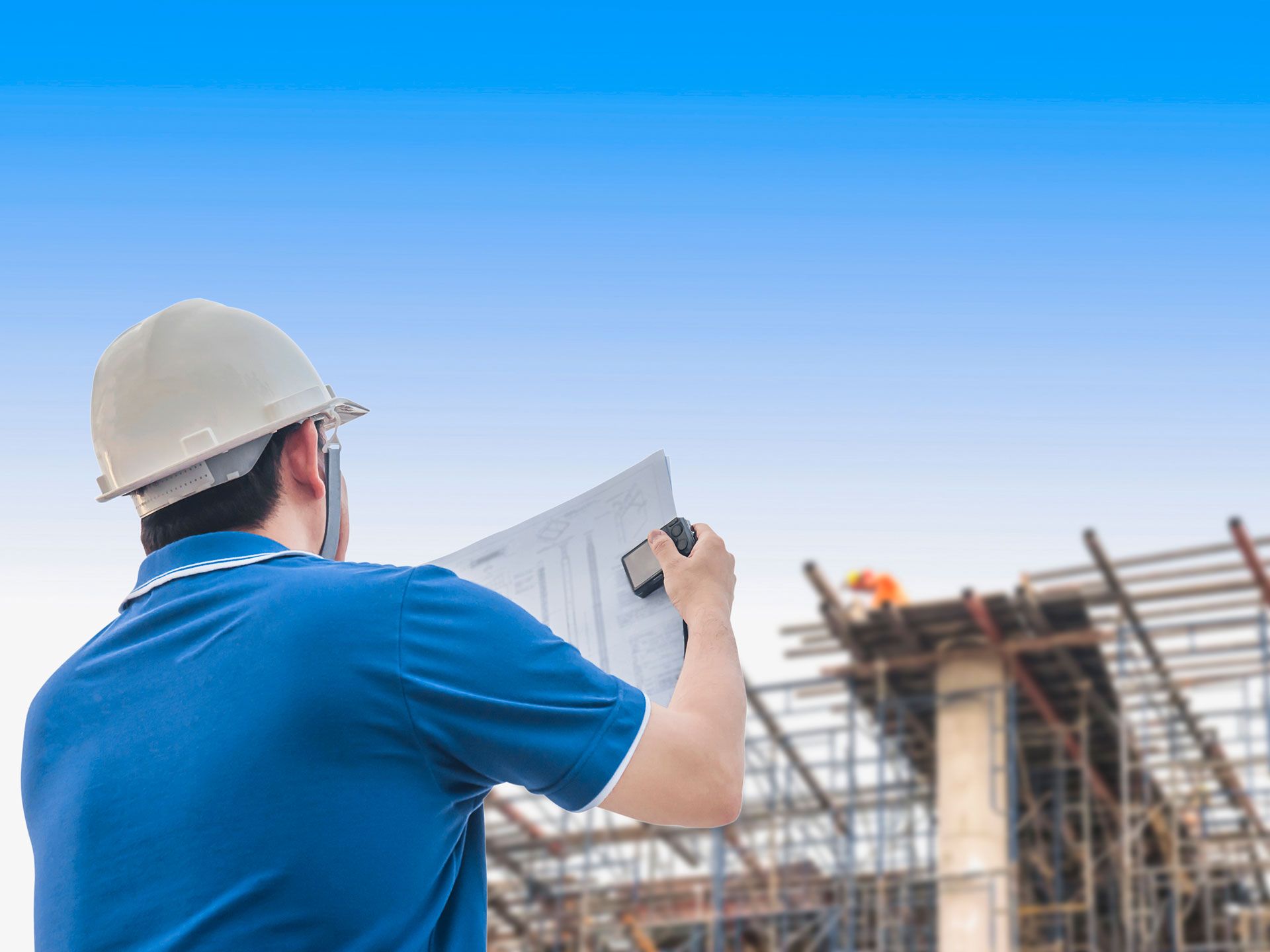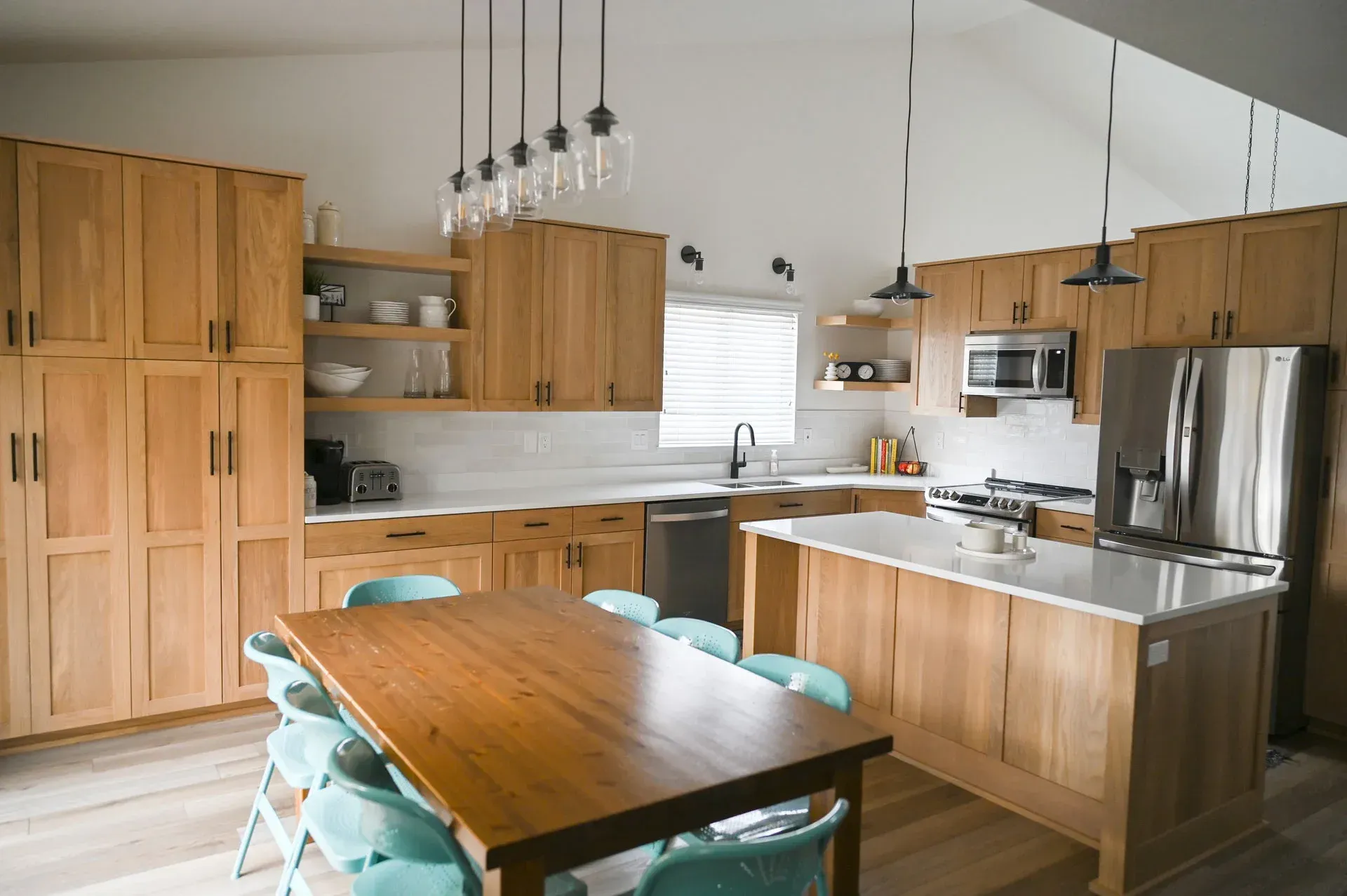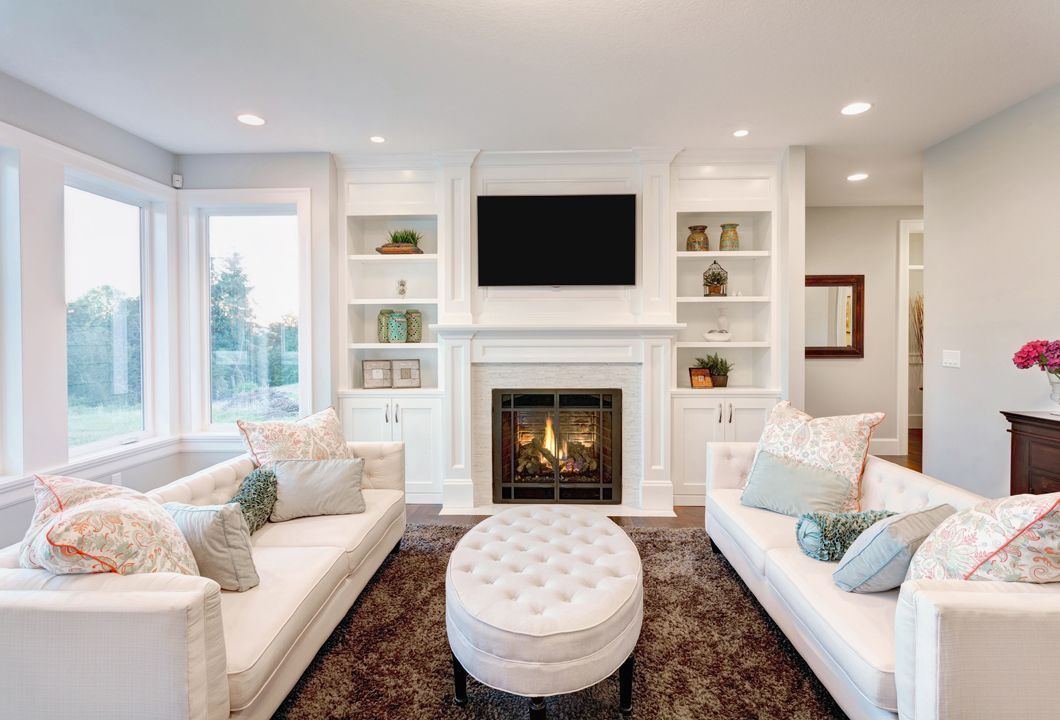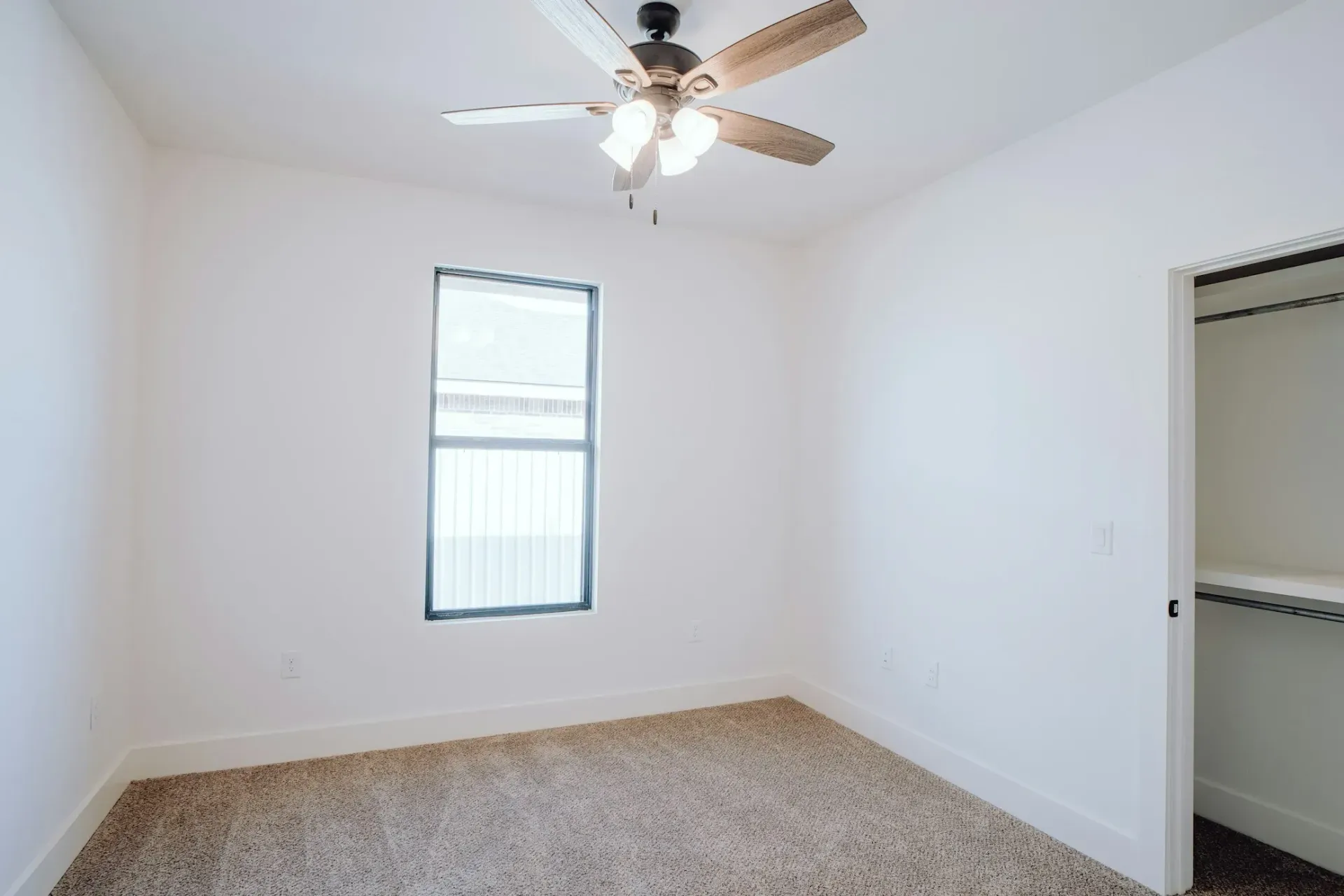
How Much Do Home Additions Cost? A Comprehensive Guide
How much do home additions cost? The price can vary widely based on the type and size of the addition, location, and materials used. On average, you can expect to spend between $20,000 to $100,000. This guide will break down the costs and key factors to consider.
Types of Home Additions
When it comes to home additions, there are several popular options to consider. Each type of addition has its own cost range and benefits. Here’s a breakdown of the most common types:
Room Additions
Adding a new room is a popular choice. This could be an extra bedroom, office, or even a family room. Costs typically range from $20,000 to $80,000 depending on the size and materials.
Second Story Additions
If you need more space but have a limited lot size, adding a second story can be a great solution. This type of addition is more complex and can cost between $100,000 to $250,000.
Garage Conversions
Turning your garage into a living space is often more affordable than building a new room. Expect to spend around $10,000 to $50,000 for a garage conversion.
Sunroom Additions
Sunrooms are a fantastic way to enjoy natural light and add extra living space. These can be less expensive than full room additions, with costs ranging from $15,000 to $40,000.
Basement Finishing
If you have an unfinished basement, converting it into a usable space can add significant value to your home. Costs typically range from $20,000 to $50,000.
Each type of home addition serves a different purpose and comes with its own set of costs. Understanding these options can help you decide which addition is best for your needs and budget.
Factors Affecting Home Addition Costs
Several factors can influence the cost of your home addition. Knowing these can help you budget more effectively and avoid surprises.
Size of the Addition
The size of the addition is one of the biggest cost drivers. Larger additions naturally cost more due to increased materials and labor.
Location
Where you live can impact costs significantly. Urban areas often have higher labor and material costs compared to rural areas.
Quality of Materials
The quality and type of materials you choose will affect the overall cost. High-end finishes and materials will increase your budget, while more affordable options can help keep costs down.
Labor Costs
Labor costs can vary based on the complexity of the project and the local labor market. Hiring skilled professionals may cost more but can ensure a better outcome.
Permits and Regulations
Building permits and compliance with local regulations can add to the overall cost. It’s important to check with your local government to understand the required permits and fees.
Design and Architectural Fees
For complex projects, you may need to hire a designer or architect. Their fees can add a significant amount to your total cost but are crucial for ensuring the addition is structurally sound and meets your needs.
Understanding these factors can help you plan and budget for your home addition more effectively.
Cost Breakdown by Addition Type
Here’s a detailed look at the typical costs associated with different types of home additions. This breakdown will help you understand what to expect for each type of project.
Room Additions
Adding a room can vary widely in cost:
- Small Room (e.g., 10x10): $10,000 - $25,000
- Medium Room (e.g., 12x12): $20,000 - $50,000
- Large Room (e.g., 20x20): $40,000 - $80,000
Second Story Additions
Building a second story is a major project:
- Basic Addition (without major layout changes): $100,000 - $150,000
- Complete Second Floor (with major renovations): $150,000 - $250,000
Garage Conversions
Converting a garage can be a cost-effective way to add living space:
- Basic Conversion: $10,000 - $20,000
- High-End Conversion (including bathroom/kitchen): $30,000 - $50,000
Sunroom Additions
Sunrooms are generally less expensive than full room additions:
- Three-Season Sunroom: $15,000 - $30,000
- Four-Season Sunroom: $25,000 - $40,000
Basement Finishing
Finishing a basement can significantly increase usable space:
- Basic Finishing: $20,000 - $30,000
- High-End Finishing (with bathroom/kitchen): $30,000 - $50,000
Each type of home addition has its own set of costs, which can vary based on size, materials, and complexity. This breakdown should give you a clearer idea of what to budget for your project.
Additional Costs to Consider
When planning a home addition, it's important to account for additional costs that might not be immediately obvious. Here are some common extra expenses you should be aware of:
Unexpected Expenses
Projects often encounter unforeseen issues, such as structural problems or the need for extra materials. Setting aside 10-20% of your budget for unexpected costs is a smart move.
Landscaping and Exterior Work
An addition can disrupt your yard, requiring landscaping or exterior work to restore it. Costs for this can range from $500 to $5,000 depending on the extent of the work needed.
Utility Upgrades
Adding new space might require upgrades to your electrical, plumbing, or HVAC systems. These upgrades can cost anywhere from $1,000 to $10,000 depending on the scope.
Interior Finishing
The cost of finishing the interior of your new addition can add up quickly. This includes flooring, painting, and fixtures, which can add $5,000 to $20,000 to your total costs.
Furniture and Decor
Don't forget to budget for furnishing and decorating your new space. This can be a significant expense, especially if you're adding a large or complex room.
Considering these additional costs can help you create a more accurate budget and avoid financial surprises.
Budgeting for Your Home Addition
Creating a realistic budget for your home addition is essential to ensure the project runs smoothly and stays within financial limits. Here's a detailed guide to help you set up a comprehensive budget:
Setting a Realistic Budget
Begin by determining how much you can afford to spend on the addition. Review your savings, consider potential financing options, and establish a maximum amount you’re willing to invest. It’s important to include a buffer for unexpected costs. A good rule of thumb is to allocate an extra 10-20% of your budget for contingencies.
Getting Accurate Estimates
Obtain detailed quotes from multiple contractors to get a clear picture of the costs. Each quote should break down expenses for labor, materials, permits, and any other related costs. This helps you compare and choose the best option. Make sure to ask for itemized estimates to understand where your money is going.
Financing Options
Consider various financing options to fund your home addition. Here are some common methods:
- Home Equity Loan: Borrow against the equity you’ve built in your home. This option often offers lower interest rates.
- Personal Loan: An unsecured loan that doesn’t require home equity but may come with higher interest rates.
- Cash-Out Refinance: Refinance your mortgage for more than you owe and use the extra cash for your project.
- Savings: Using personal savings can avoid interest and debt but requires having enough funds set aside.
Cost-Saving Tips
Implementing cost-saving strategies can help you stay within budget without compromising quality. Here are some tips:
- DIY Where Possible: If you have the skills, consider doing some of the work yourself, such as painting or landscaping.
- Choose Affordable Materials: Opt for high-quality yet affordable materials. There are often budget-friendly alternatives that look great and perform well.
- Plan Efficiently: Work with your contractor to create an efficient project plan that minimizes delays and cost overruns.
- Reuse and Recycle: Use existing materials or buy recycled materials to save money and reduce waste.
Tracking Your Expenses
Keep a detailed record of all expenses throughout the project. Use a spreadsheet or budgeting software to track payments, upcoming costs, and any changes to the budget. Regularly review this to ensure you’re staying on track.
Understanding how to budget effectively for your home addition helps ensure a smooth project without financial strain. With careful planning, accurate estimates, and smart financing, you can achieve your dream addition within your means.
Hiring Professionals
Choosing the right professionals for your home addition is crucial to ensure the project is completed efficiently and to a high standard. Here’s how to find and hire the best contractor for the job:
Choosing the Right Contractor
Start by asking for recommendations from friends, family, and neighbors who have had similar work done. You can also check online reviews and ratings on sites like Yelp, Angie’s List, or the Better Business Bureau. Look for contractors with a strong reputation and positive feedback.
Importance of Getting Multiple Quotes
It’s important to get quotes from at least three different contractors. This allows you to compare prices and services. Ensure each quote is itemized so you can see a detailed breakdown of costs. Don’t just choose the lowest bid; consider the contractor’s experience, reviews, and communication skills as well.
Checking Credentials and References
Verify that the contractor is licensed, bonded, and insured. This protects you in case of any accidents or damages during the project. Ask for references from past clients and follow up with them to get firsthand feedback on their experiences. Visiting completed projects can also give you a sense of the contractor’s quality of work.
Contract and Payment Terms
Once you’ve selected a contractor, make sure to have a detailed contract in place. This should outline the scope of work, timelines, payment schedule, and any warranties or guarantees. Avoid paying the full amount upfront. A common practice is to pay a deposit, followed by incremental payments as work is completed, with the final payment upon completion of the project.
Communication and Project Management
Effective communication is key to a successful project. Establish regular check-ins with your contractor to discuss progress, address any issues, and make decisions. Clear and open communication helps ensure that the project stays on track and any problems are resolved quickly.
Hiring the right professionals can make a significant difference in the outcome of your home addition. Take the time to research, get multiple quotes, check credentials, and communicate effectively to ensure a smooth and successful project.
Conclusion
Understanding how much home additions cost is vital for successful planning and budgeting. By considering the type of addition, the factors affecting costs, and potential additional expenses, you can better prepare for your project.
Key Takeaways
- Types of Additions: Different additions have varying costs, from simple room extensions to complex second-story builds.
- Cost Factors: Size, location, materials, labor, permits, and design fees all influence the overall cost.
- Budgeting Tips: Set a realistic budget, get accurate estimates, explore financing options, and implement cost-saving strategies.
- Hiring Professionals: Choose experienced, reputable contractors and ensure effective communication throughout the project.
For top-notch home additions, consider Bryant Construction.
Specializing in custom home building, home renovation, home additions, bathroom remodels, basement remodeling, and kitchen remodels, they are your go-to experts in Utah. Serving areas like Draper, Sandy, Lehi, West Jordan, and South Jordan, Bryant Construction is known for quality craftsmanship and client satisfaction.
Visit bryantconstruction.net to learn more about their services and view their diverse portfolio.
